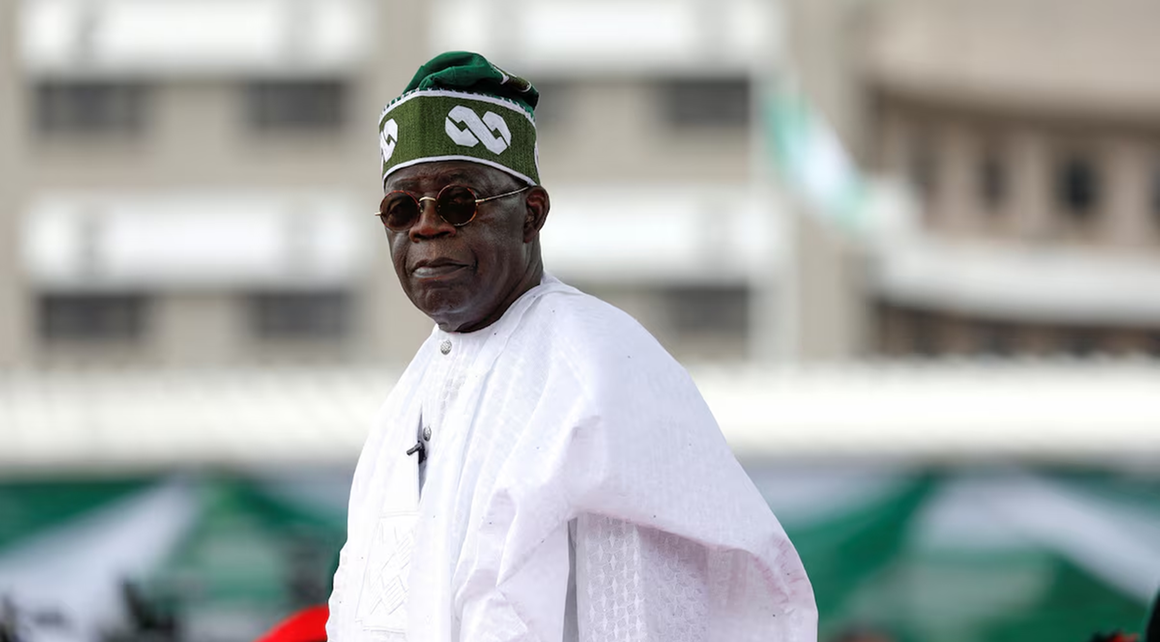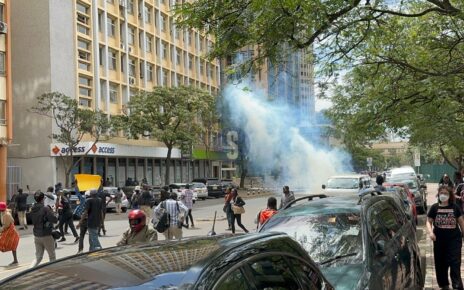Markets across Nigeria are experiencing a downturn in customer traffic and decreased patronage, a consequence of the escalating prices of essential goods, particularly food items. Frustrated Nigerians, constrained by stagnant wages and salaries, are limiting their purchases to what fits within their financial means, even if it means making do with less.
President Ahmed Tinubu had forewarned Nigerians of these challenges shortly after assuming office in May last year. However, he had indicated that the hardship would be short-lived, although the duration was unspecified.
As President Tinubu marks the end of his first year in office, Nigerians continue to grapple with soaring inflation rates, reaching 31.7 percent, a level not seen in two decades. The government attributes this economic situation to the reforms initiated by the 72-year-old leader.
Among President Tinubu’s initial measures was the removal of the fuel subsidy, a long-standing mechanism aimed at shielding ordinary Nigerians from petrol price fluctuations. Nigeria, despite being Africa’s largest crude oil producer, had relied on fuel imports due to the collapse of its refineries. Even with the construction of a refinery by Aliko Dangote, the country still faces shortages in meeting domestic demand.
Additionally, President Tinubu deregulated the foreign exchange market and recently implemented a 300 percent increase in electricity tariffs for consumers classified under Band A, those enjoying more than 20 hours of electricity supply daily. Despite being Africa’s most populous nation, only a fraction of the population has access to reliable electricity, leading to widespread power outages.
These policy changes, according to economic experts, have contributed to hyperinflation, significantly affecting essential commodities, particularly food and medicine, as wages have remained stagnant since April 18, 2019.
Dr. Titus Okunrounmu, a former director at the Central Bank of Nigeria, highlights how tariff hikes, alongside fuel subsidy removal and currency depreciation, compel importers to raise prices.
The President of the Nigerian Labour Congress, Joe Ajaero, criticizes the current economic state, advocating for the reinstatement of fuel subsidies and the reversal of other policies to alleviate the hardships faced by Nigerians.
Central to the economic management strategy is the creation of the Presidential Economic Coordination Council (PECC), chaired by President Tinubu. This council brings together key government officials, central bank governors, prominent economists, and business leaders to coordinate economic policies.
To address immediate economic challenges, President Tinubu established the Economic Management Team Emergency Taskforce (EET), tasked with developing and executing a six-month emergency economic plan.
Despite government efforts to explain that subsidy removal aims to redirect funds towards infrastructure development, criticisms persist. Okechukwu Unegbu, former president of the Chartered Institute of Bankers, blames the International Monetary Fund (IMF) for policies unsuitable to local conditions.
President Tinubu has introduced various measures, including funding for states to mitigate the impact of economic hardships. Additionally, he initiated an overhaul of Nigeria’s economic governance structure to enhance coordination and productivity.
Other interventions include the introduction of affordable mass transit buses, investment in compressed natural gas-fueled buses, executive orders to address unfavorable fiscal policies, and funding initiatives to support small and medium-sized enterprises (SMEs) and agriculture.
As Nigerians endure these economic challenges, they eagerly await relief measures and hope for an improvement in their living conditions.



